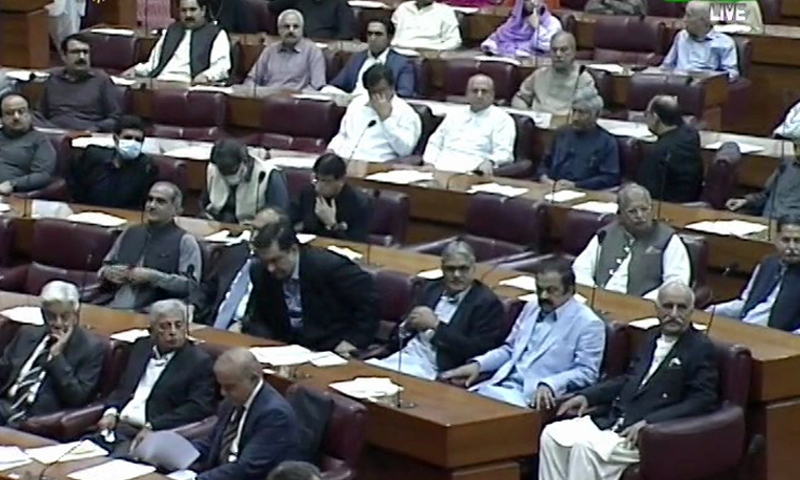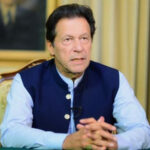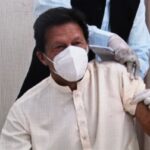Imran Khan, Pakistan’s former cricket star and Prime Minister, has faced significant political turmoil since his ousting in April 2022. His tenure, marked by promises of a “Naya Pakistan,” ended with a no-confidence vote, which he attributes to a foreign-backed conspiracy.
Political Downfall and Military Rift
Khan’s administration initially garnered support from Pakistan’s military establishment, a crucial factor in his rise to power. However, over time, tensions escalated due to disagreements over governance and foreign policy. His push for an independent foreign policy, including engagements with Russia and China, contrasted with the military’s preference for closer ties with the United States. This divergence contributed to the military’s loss of confidence in Khan, culminating in the opposition’s successful no-confidence motion.
Imprisonment and Ongoing Influence
Despite his imprisonment on corruption charges, Khan continues to influence Pakistan’s political landscape. He remains the central figure of the Pakistan Tehreek-e-Insaf (PTI) party, which has maintained substantial popular support. His supporters argue that his ousting was part of a broader effort to undermine democratic processes in Pakistan.
Recent Developments
In August 2024, Khan applied from prison to become the Chancellor of Oxford University, a position soon to be vacated by Chris Patten. His bid, despite his political circumstances, underscores his enduring influence and contentious position in Pakistan’s turbulent political scene.
Khan’s journey reflects the complexities of Pakistan’s political dynamics, where civilian leadership often intersects with military influence, and where democratic institutions face ongoing challenges


